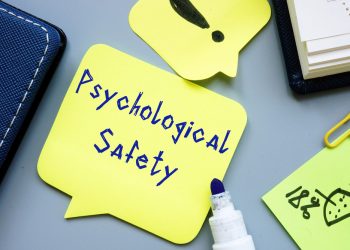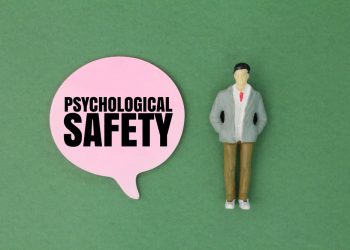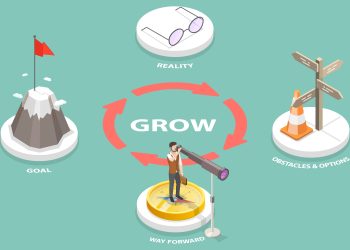In most cases, working life is characterized by constant cooperation with other people; be it clients, partners, colleagues or supervisors. This business reality makes communication skills the most important factor of a successful team player. But what makes communication efficient?
It may sound “basic”, but one of the basic components of efficient communication is active listening. Listening when others speak sounds like a simple task, but it can be a bit more complex than this. In fact, the way from just hearing to actually listening can be long and it is not the easiest thing. Effective listening helps create a positive working environment and fosters better collaboration and problem-solving. But how?
What is active listening?
Active listening is a communication technique describing a listener being completely focused on, understanding and responding to the words and body language of the speaker. This allows the listener to fully engage with the speaker, which can improve communication in many ways. For example:
- by fully focusing on the speaker and what they are saying, the listener can better understand the message, better interpret the meaning of the message and help prevent misunderstandings.
- by being fully focused, the listener shows the speaker they are interested which gives a sense of respect and value to the speaker. This lays the foundation for a positive atmosphere in two-way communication, encouraging an environment of psychological safety where both parties feel more free to share their thoughts.
- by exercising effective listening, the listener can create a sense of connection and trust that can facilitate better communication.
Why is effective listening important in the workplace?
An internal training session, a workshop, a team meeting or a simple everyday interaction with your teammate on this project you are cooperating for, are all part of everyday business reality where effective communication can make a difference in the final outcome. And effective listening has a great role to play.
Of course, this is not limited to the employee’s side but also the employer’s side. There is nothing more frustrating for an individual at work than feeling that his/her needs and concerns are not being heard. More than being heard, they need to be understood and this is why active listening is important.
When reading all these, you may think that none of these apply to you because you are a great listener. But chances are that the fast-paced reality of work has caught you in several unfortunate communication incidents:
Examples of inefficient listening at work
“Keep on talking, don’t worry I am filing this report in parallel; I am a great multitasker!”
“Can you remind me what you said earlier about that thing? I have a really bad memory.”
“Oh, I am already posted about this, so I don’t need to join this meeting.”
How can I become a better listener?
- Avoid interrupting: The most typical example of inefficient communication is jumping to conclusions or making assumptions about what the other person wants to say before having the time to complete their thought.
- Use your body language: Not interrupting the speaker does not mean you should stand in apathy while they are speaking. Instead, using some non-verbal cues, such as nodding your head or maintaining eye contact, can be really helpful to show the speaker that you are indeed following them.
- Try to understand the speaker’s perspective: This means considering their point of view, as well as how they feel, and asking questions to clarify any points that are unclear. This requires you to listen with an open mind. Before making assumptions, make sure you have left your own bias aside.
- Ask relevant questions: Show that you understand the speaker by reflecting on their feelings and asking questions. This shows that you are naturally interested, you have been listening and understand.
- Work on your active listening: As with every other soft skill, active listening is not a talent you are born with, but a skill that you can train yourself on. An example of an active listening exercise is to write down an overview of key points after each discussion you had. This is a good way to force your mind to stay focused during interactions with others.
- Do not take it personally: In most cases, nothing someone says is because of you. Always have in mind that what people say and do is a projection of their own reality and perspective.
How can I know that I was not an active listener?
You did not do very well as an active listener if you:
- are able to recall the main idea but cannot remember details of the conversation;
- also did other things while the other person was speaking;
- do not have any questions, comments or detailed feedback;
- feel that your level of knowledge on the topic is the same with the one you had before the conversation;




































































